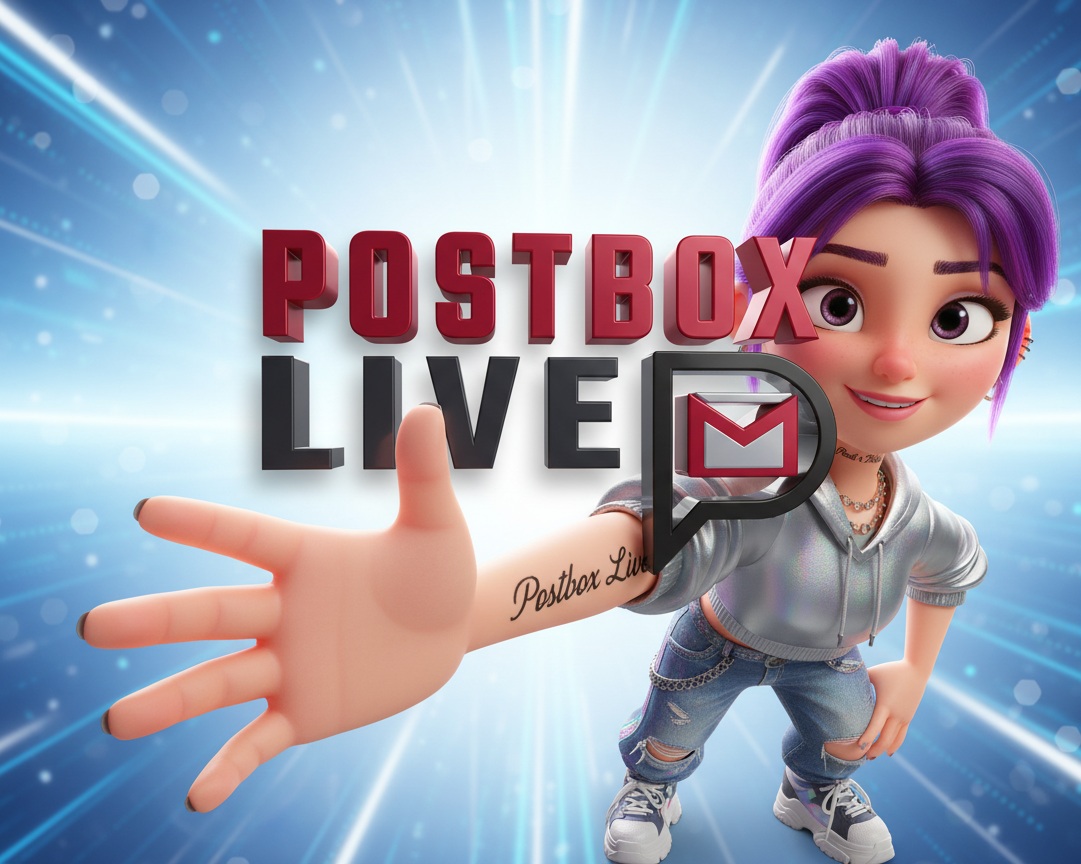EA Unveils AI System That Enables
You to Create a Whole Video Game From Start
EA unveils its AI video game creation system “Imagination to Creation,” allowing players to build full games with no coding. Is this the future of gaming or a threat to game developers?
The Future of Game Design: No Code, Just Imagination
Imagine being able to create an entire video game without writing a single line of code. EA, one of the largest video game companies in the world, is working toward making this a reality. At its recent Investor Day event in New York City, EA introduced a bold new vision: an AI-driven platform called “Imagination to Creation.”
This upcoming system promises to allow users to design gameplay mechanics, build settings, and customize character appearances all by interacting with simple AI prompts. EA presented this future in a concept video that showcased how intuitive and immediate the experience could be.
A Look at the Concept
The concept video features two off-screen players building a maze-style game using nothing but voice commands and text prompts. Inspired by the look and feel of Minecraft, the game comes to life in seconds.
Users can add unique gameplay rules like setting the only way to lose as getting hit by a grenade. These modifications occur almost instantly, reflecting the system’s potential to revolutionize game development.
Although it’s just a concept, the demonstration hints at a massive shift in how video games might be created and consumed in the future.
AI Empowerment or Industry Disruption?
Not everyone sees this development in a positive light. Shortly after EA posted the video on X (formerly Twitter), criticism poured in from artists, developers, and game designers.
Many argued that the concept lacked creativity. “Imagination to Creation is what they’re calling it, but I see very little imagination in this. Really embarrassing,” said illustrator Reid Southen.
Others pointed out the disconnect between the idea and its execution. In a concept video where EA could have demonstrated breathtaking innovation, they chose a simple maze made of cardboard boxes. It raised concerns about whether AI can truly replicate the depth and soul of human-created art.
More importantly, professionals in the industry voiced concerns about job security. With the gaming industry already experiencing significant layoffs, the arrival of automated game creation tools could jeopardize thousands of creative careers.
The Debate: Innovation vs. Creativity
Supporters of EA’s vision argue that AI will democratize game development. Until now, creating a game required years of study, coding knowledge, or a large team of experts. With tools like “Imagination to Creation,” a child with a story idea could design and play their own game in a matter of hours.
This personalized approach to gaming offers new opportunities for hobbyists, indie developers, and storytellers who otherwise couldn’t break into the industry.
However, critics argue that such tools could oversimplify the art of game development. Creativity isn’t just about output it’s about the process, iterations, collaboration, and emotional connection. They fear AI might flatten this process and produce cookie-cutter experiences.
What It Means for EA and the Industry
EA’s move aligns with a growing trend in the tech world using generative AI to make creative tasks more accessible. From writing stories to generating art and now building video games, AI tools are expanding creative possibilities.
But EA also finds itself at the center of a moral and economic crossroads. The question is not just what the tool can do, but what it should do.
Can AI empower more voices without silencing those who built the industry? Can tech companies balance innovation with responsibility?
These are the kinds of questions that must be answered as we enter this new era of AI-assisted creativity.
Looking Ahead: The Path to Responsible AI in Gaming
If EA succeeds in launching this AI video game creation system, it could set a precedent for the entire gaming industry. However, to do so responsibly, EA must collaborate with artists, designers, and ethical AI developers.
Clear guidelines on ownership, copyright, creative input, and job displacement must be part of the equation.
Meanwhile, creators must stay adaptable. Rather than viewing AI as a threat, it may be more productive to see it as a tool vone that amplifies human imagination when used wisely.
Power to the Players?
EA’s “Imagination to Creation” initiative reveals both the promise and peril of AI in game development. The ability to build entire games through voice and text prompts could unlock creativity for millions. Yet, it also challenges traditional roles in a creative industry that’s already on shaky ground.
As this technology evolves, one thing is clear: the future of gaming will not be built by machines alone but by how humans choose to use them.
#AIinGaming, #EAImaginationToCreation, #GameDevelopment, #AIGameDesign, #FutureOfGaming,

